Date, Time, Venue
and Language |
Details |
30-Jan-23
11:30 – 13:30
D3-LP-10
English
Face-to-face mode |
CLE2253: University English II
Topic: Coherence and Cohesion in Constructing Arguments
This is an academic English writing class for non-English majors on the topic of Technology in Education. Collaborative writing activities among students on online platforms will form the ‘core’ of the in-class session, from which concepts related to coherence, cohesion and ways of presenting a ‘stance’ in academic writing will be further developed, discussed and consolidated.
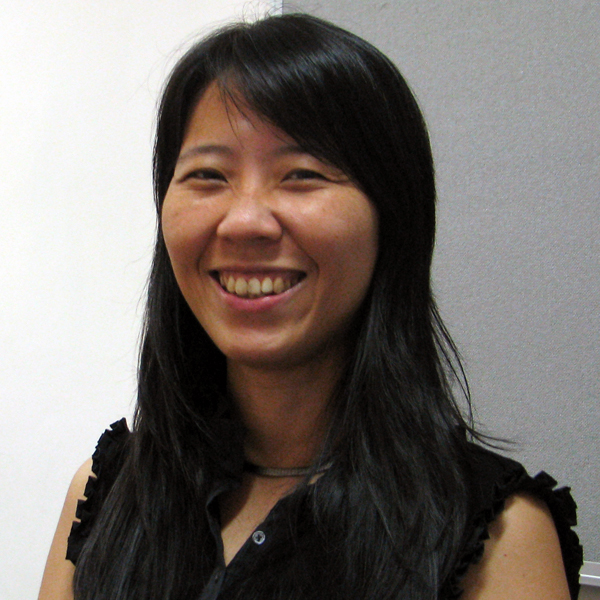
by Ms CHU Wing Ki Blanche (CLE) |
2-Feb-23
15:30 – 17:20
D2-LP-07
English
Face-to-face mode |
ENG4903: Honours Project
Topic: Writing Up a Research Project
This class will help participants to:
• learn the structure of a research report,
• acquire the academic language used in a research report,
• acquire the skill on writing an abstract, and
• draft an abstract for individual research report.
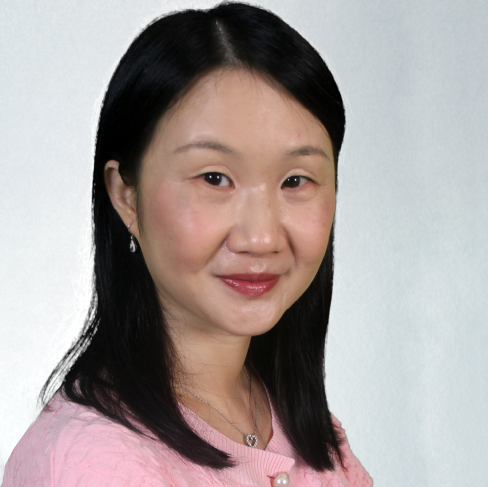
by Dr WONG Ming Har Ruth (ELE) |
7-Feb-23
08:30 – 10:20
C-LP-11 or Online
Cantonese
Hybrid mode |
CHI3565: Chinese Rhetoric 漢語修辭學
Topic: Introduction to Conceptual Metaphor
Metaphor is one of the rhetorical devices in any languages including Chinese. Using the conceptual metaphor theory developed in the US, we will show you how everyday language is conceptualized in Chinese using metaphors.
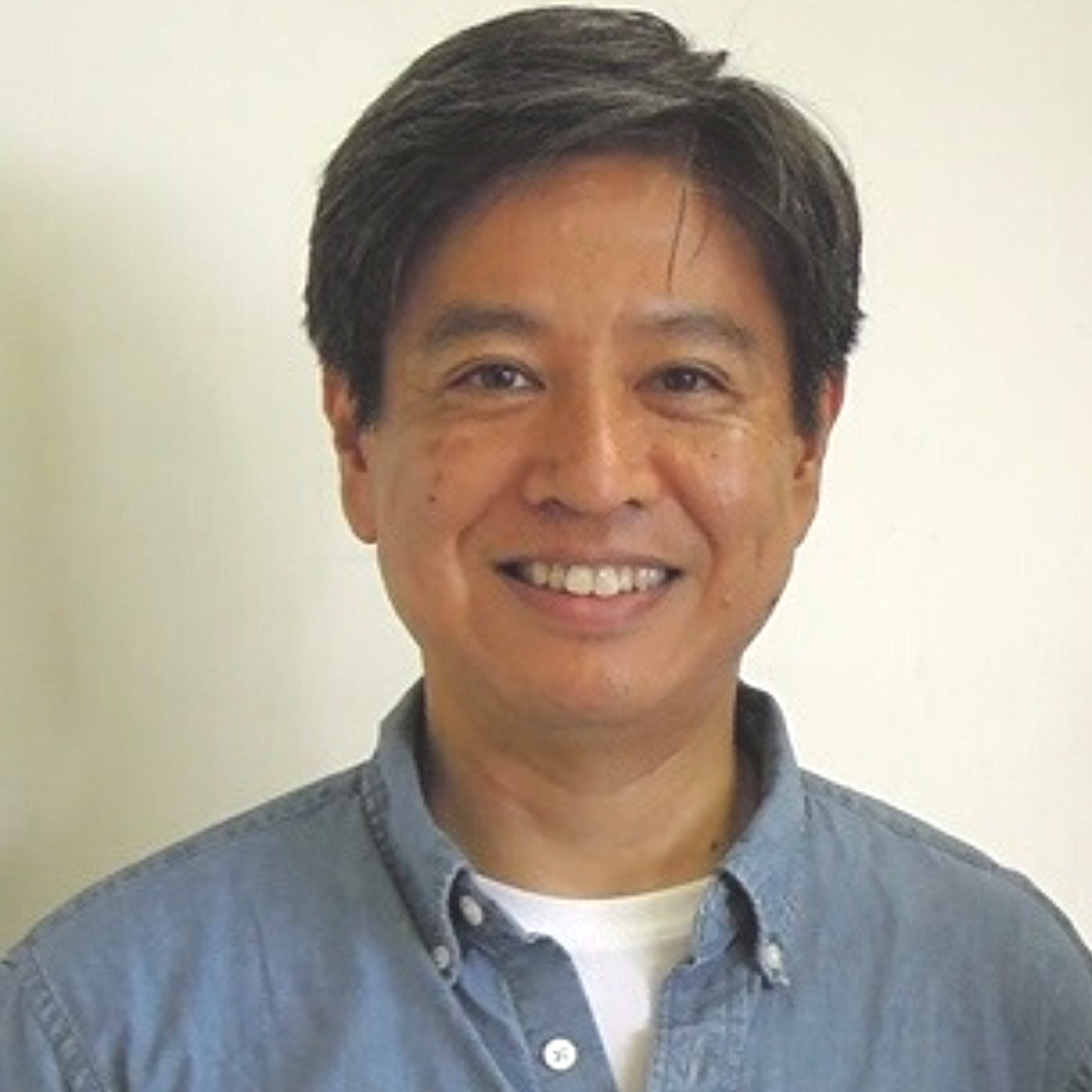
by Dr KATAOKA Shin (LML) |
7-Feb-23
16:30 – 19:30
D1-LP-08 or Online
English
Hybrid mode |
SSC6287: Gender and Development
Topic: Introduction to Gender and Development
Women = Gender in development issue? An intersectional approach towards the evolution of gender and development.
The lecture introduces the concept of gender and development and the evolution of looking at gender in the realm of development studies.
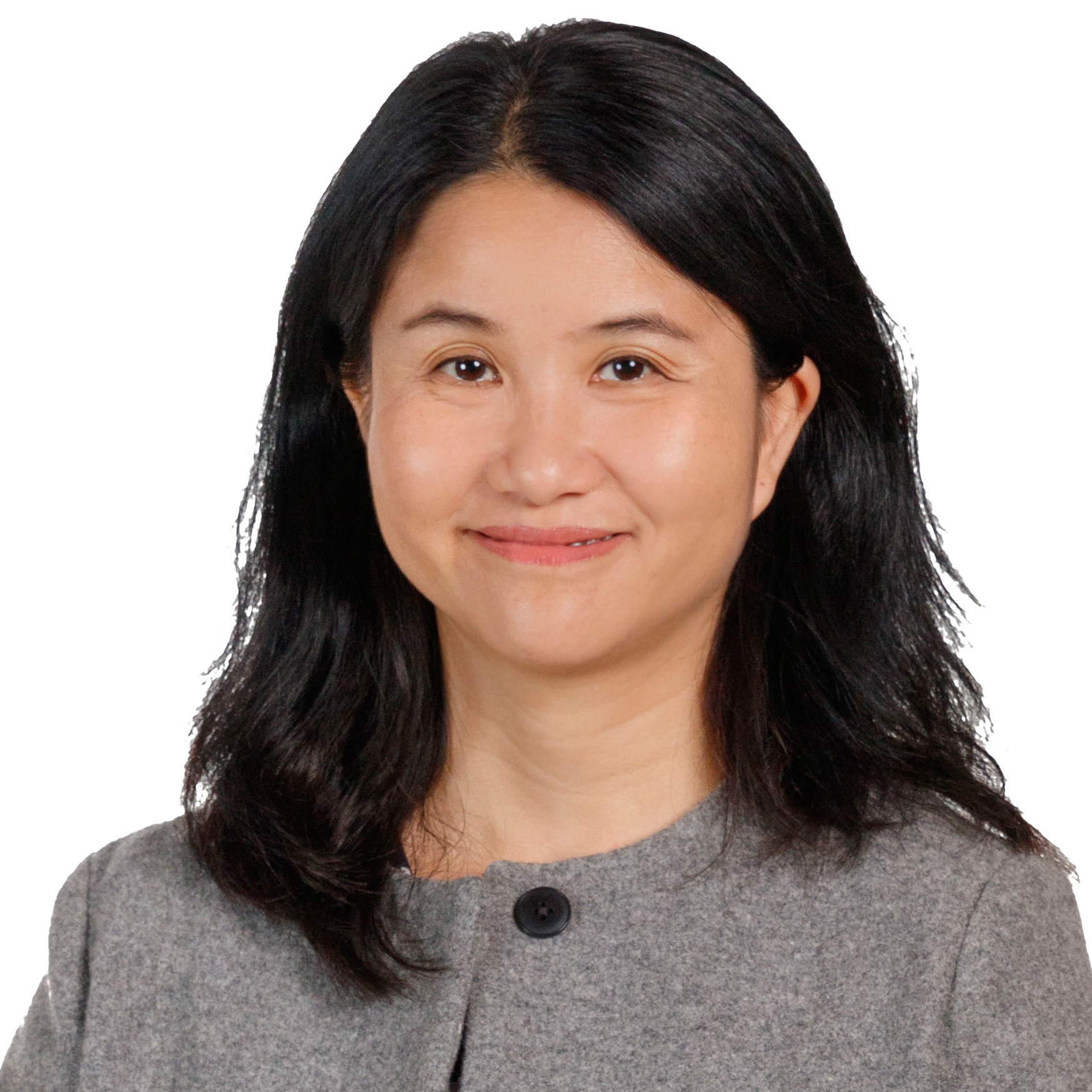
by Dr NG Fung Sheung Isabella (APS) |
9-Feb-23
14:30 – 16:20
B2-LP-18
Cantonese
Face-to-face mode |
FEX2162: Field Experience and Professional Learning Portfolio I
Topic: Applying Problem-solving Skills to the Lesson Planning-Teaching-Assessment Cycle
In this lesson, students are planned to be engaged in guided-inquiry activities to apply problem-solving skills to make learning reflection on the effectiveness of the planning, teaching and assessment strategies of a lesson and the follow-up action.
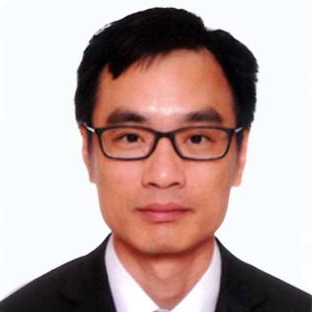
by Dr CHAN Chi Keung (SES) |
13-Feb-23
15:30 – 17:20
D1-LP-06 or Online
Cantonese
Hybrid mode |
LIT2008: Modern Chinese Literature 中國現代文學
Topic: 魯迅和沈從文的中國
現實的、客觀存在的中國只有一個,但是,魯迅和沈從文這兩位現代作家,以他們獨特的個人視野和方式,把當時的中國,描繪成兩個截然不同的中國。本課主要從文學角度,探討他們如何演繹他們想像的中國。

by Dr TAM Chi Ming (LCS) |
14-Feb-23
18:30 – 21:20
CRS Quiet Room (B3-P-09A)
Cantonese
Face-to-face mode |
GEK2017: Mindfulness Approaches for Promoting Well-being and Health in Modern World
Topic: Mindfulness in Everyday Life/ 靜觀生活
Practices of Mindfulness in everyday life are everywhere. Lecture 6 of GEK2017 allows us to learn how to practice Mindfulness through movement and action in everyday life as well as nourishing body and mind.
日常生活實在給予我們無限機會去修習靜觀。GEK2017的第六課「靜觀日常生活」讓我們學習如何把靜觀融入動作和日常生活,滋養身心。
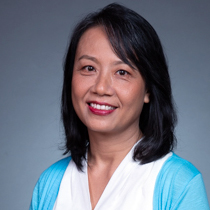
by Ms KWOK Yee Tak Esther (SEC) |
16-Feb-23
17:30 – 20:20
D3-G-02, STEM Lab
English
Face-to-face mode |
MTH4164: Design of STEM Activities for Mathematics Learning
Topic: Design of STEM Activities for Mathematics Learning
This course aims to build the capacity of pre-service Mathematics teachers to incorporate STEM education into their teaching so that they can motivate and inspire their prospective students to excel in STEM subjects. Students will engage in active and inquiry-based learning within a blended learning environment to learn to design a STEM lesson for Mathematics learning.
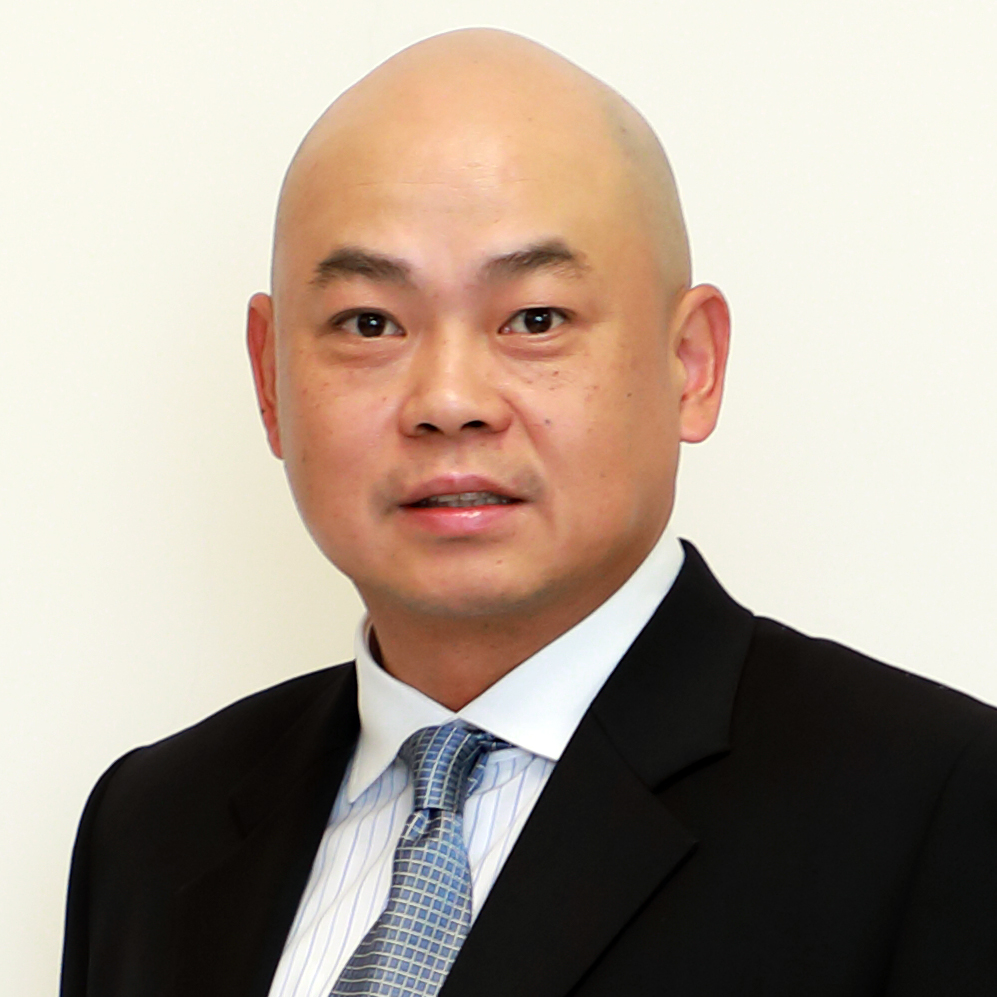
by Dr CHENG Kell Hiu Fai (MIT) |
24-Feb-23
12:30 – 15:20
D4-G/F-04 or Online
English
Hybrid mode |
EDS6004: Educational Reform and Development in Global Context
Topic: Ethnic Minority Students and the “No-loser” Principle of Hong Kong’s Education Reform
In this lesson, we will examine the “no-loser” principle of Hong Kong’s education reform with respect to educational outcomes of ethnic minority students. Facts, figures and empirical research evidence will be presented to highlight the educational issues and challenges ethnic minority students encounter and the associated factors. The students will work on case studies in groups, share their ideas and offer some solutions.

by Dr BHOWMIK Miron Kumar (EPL) |
1-Mar-23
12:30 – 15:20
B2-LP-22 or Online
English
Hybrid mode |
TLS3003: Curriculum and Assessment
Topic: Basic Concepts of Assessment and Assessment in School
This lesson will introduce students to the basic concepts of assessment, including the differences between formative and summative assessments, common barriers to conducting formative assessments in school, as well as the concepts of reliability and validity. Mini formative assessment tasks will be scattered across the lesson to promote student engagement. From the teacher's perspective, I will also demonstrate how using iPad to teach can enhance the flow of the lesson.
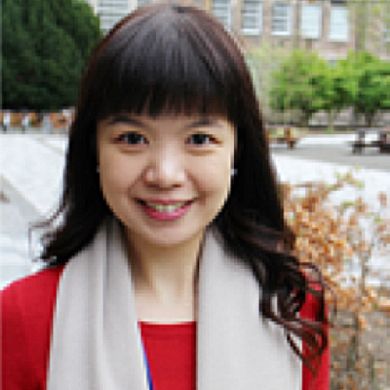
by Dr FONG Wai Tsz Ricci (C&I) |
1-Mar-23
18:30 – 21:20
B3-P-04 or Online
Cantonese
Hybrid mode |
CHI5198: Comparison and Analysis of Putonghua and Cantonese 普通話和廣州話的比較與分析
Topic: 粵語和普通話的綜合比較和小結
是次課堂會分別從語音、詞彙和語法的角度,結合具體的語言材料,進行綜合的分析,會重點分析以下三個話題:第一,粵語和普通話中字調和樂調的配合以及相關的應用;第二,粵語和普通話中的諧音雙關現象和表達效果(語音和詞彙分析);第三,粵語標題中的歧義現象(詞彙和語法分析)。

by Dr ZHANG Ling (CHL) |
16-Mar-23
10:30 – 13:20
B4-LP-01
English
Face-to-face mode
|
GEK1010: Positive Emotions as Engines of Growth
Topic: The Power of Feedback Orientation (FO) in Learning-related Emotions: Knowing, Being and Acting
Knowing:
In this lecture, students will extend their understanding of more influences to the role of feedback in emotions. The lecturer will elaborate on the association of students’ individual differences in terms of four feedback orientations (perceived utility, self-efficacy, accountability, and social-awareness in the context of feedback) with both positive emotions (e.g., enjoyment, hope) and negative emotions (e.g., anxiety, anger, shame).
Being:
First, students will become aware of their feedback orientations as part of important individual differences that are closely associated with their emotions. Second, students will be able to do self-reflection to explore the associations of their four feedback orientations with their emotions. Third, technology-enhanced assessment with immediate feedback would be implemented to check students' understanding.
Acting:
Students will act in different activities for harnessing the power of their feedback orientations in helping with developing positive emotions. Some activities could be conducted in/after class.
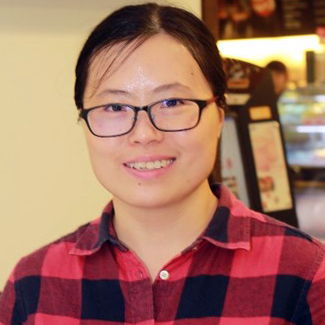
by Dr YANG Lan (C&I) |
24-Mar-23
08:30 – 11:20
B3-LP-04 or Online
English
Hybrid mode |
CAC2010: Hong Konger: Art and Music
Topic: Hong Kong Art
This lecture will provide an introduction to Hong Kong art, from the 1920s when many artists arrived in the city from the mainland and establishing many early art groups and societies. It will then trace the city’s art development to until the second world war where Chinese painting was still the mainstream trend, including influences from Lingnan artists including Zhao Shao-ang. The 1960s saw a further growth of local Hong Kong art, where the New Ink Painting movement was established by Lui Shou Kwan and propelling into a new era of modern art in Hong Kong.
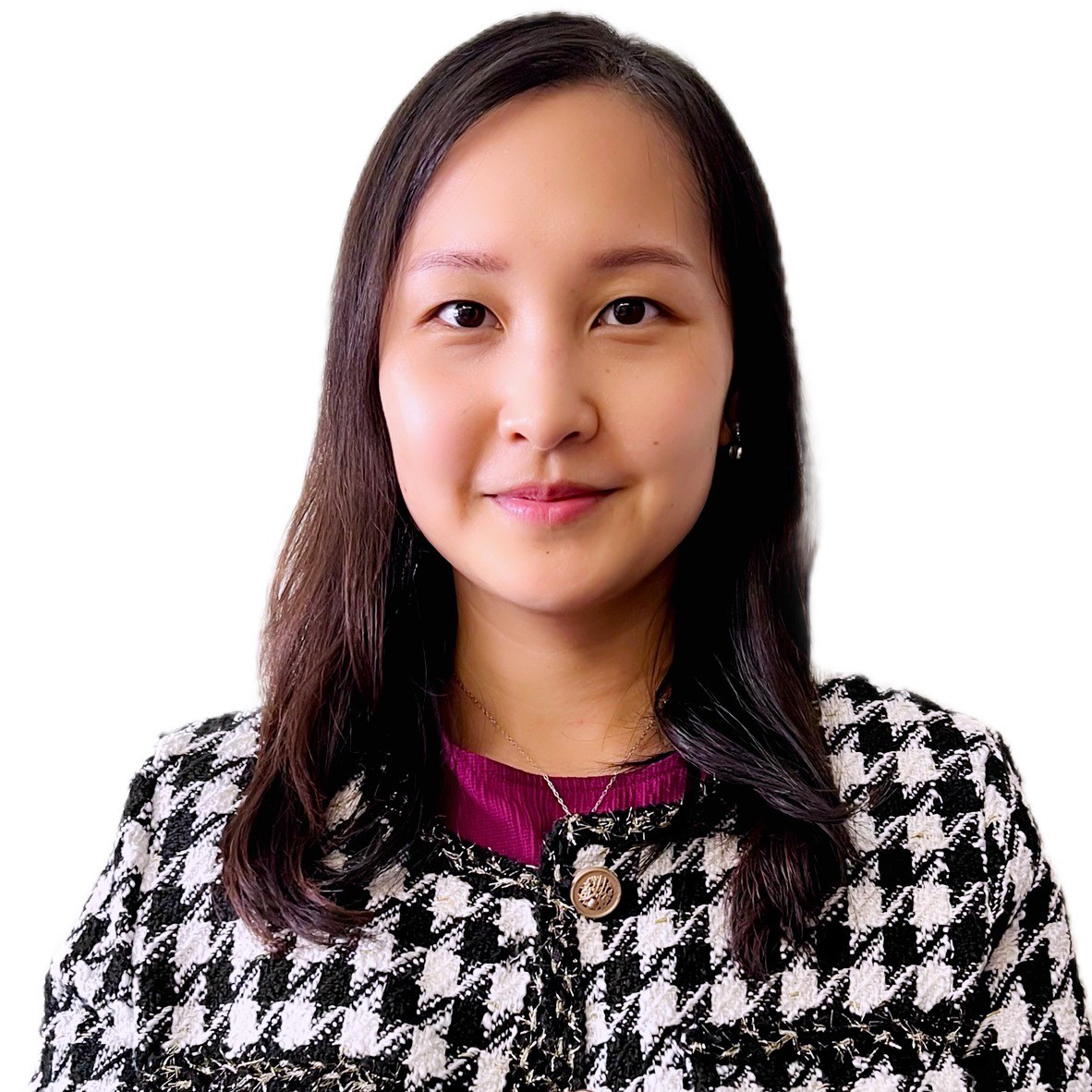
by Dr LAU Leung Kwok Prudence (CCA) |
27-Mar-23
12:30 – 15:20
B2-LP-23
English
Face-to-face mode |
HCS3053: Diet in Health and Disease
Topic: Strategies in Health Maintenance
The course aims to examine the dietary patterns of people and its impact on health. Strategies for eating healthy to prevent common non-communicable disease and dietary supports for people with common health disorders are also covered. Collaborative learning will be selected as a teaching approach for students to work together to co-construct knowledge and promote healthy eating. Case studies will be discussed in the lesson for students to scaffold the strategies in cases with different backgrounds and cultures.
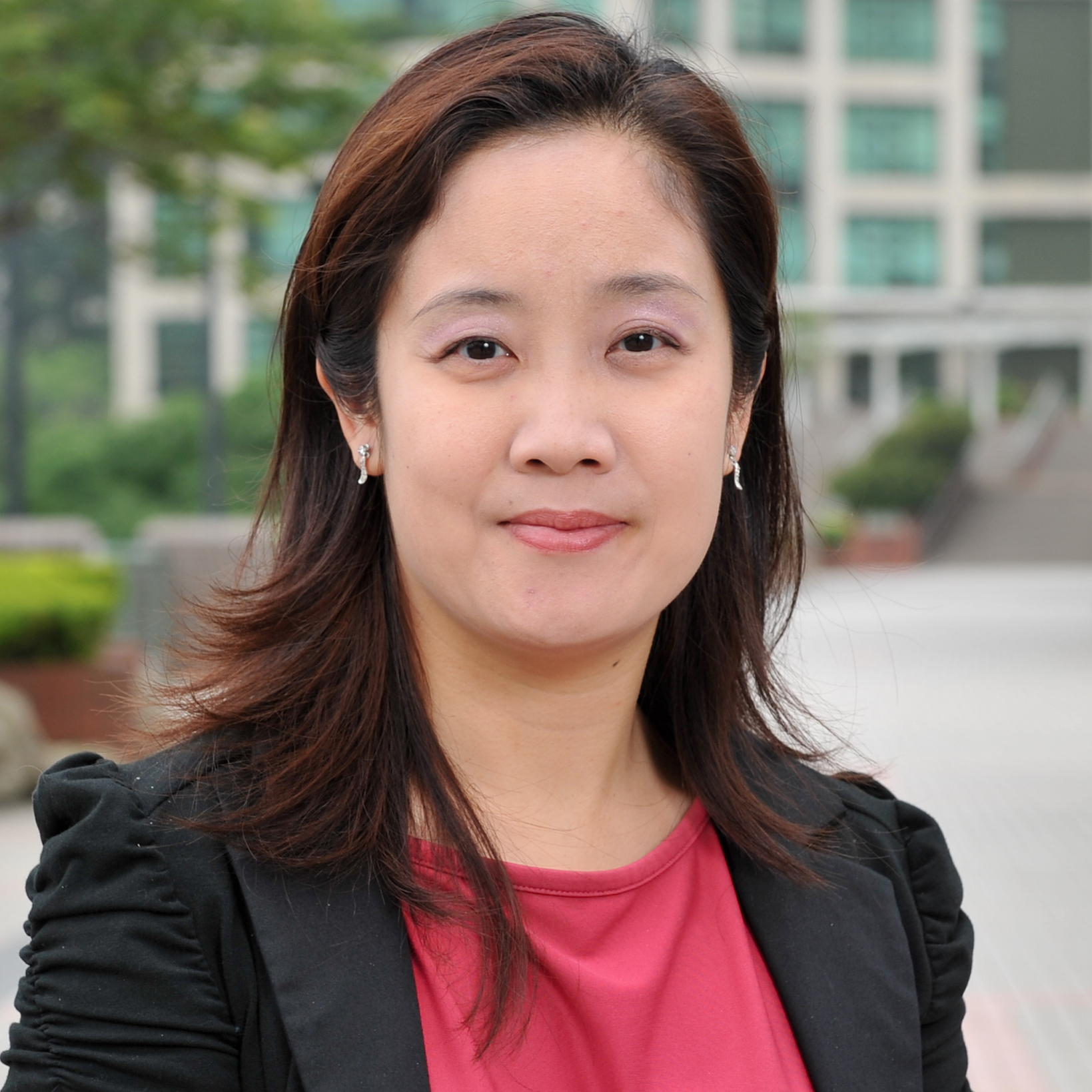
by Dr CHUNG Ming Yan Louisa (HPE) |
 Open Class Observation
Open Class Observation













